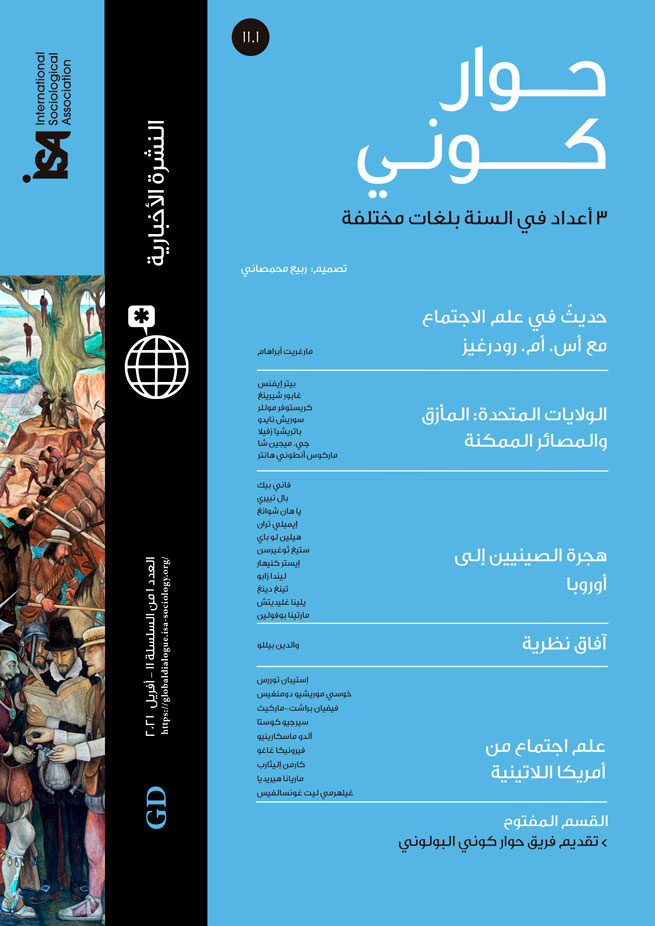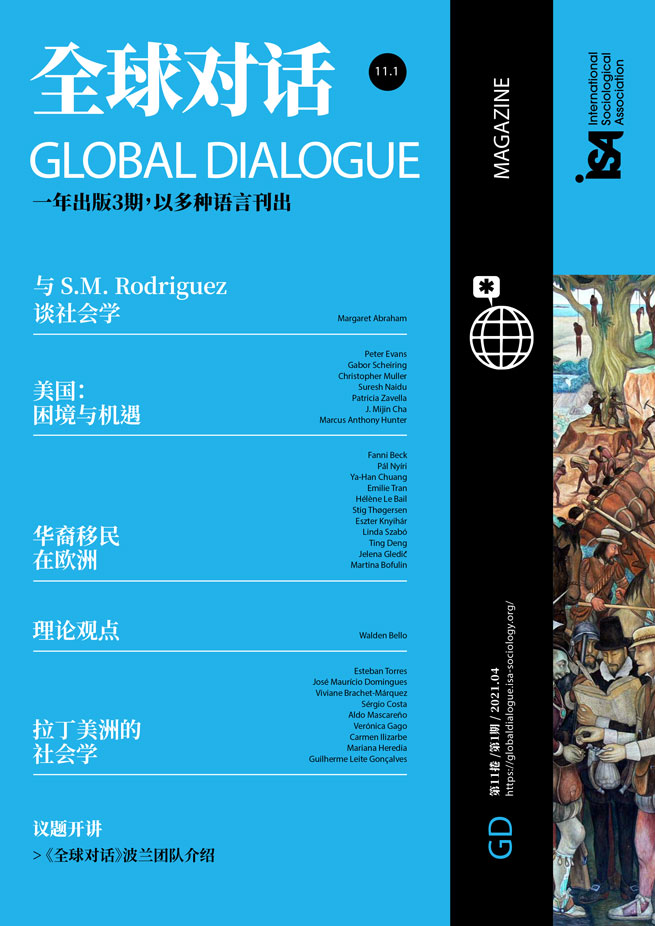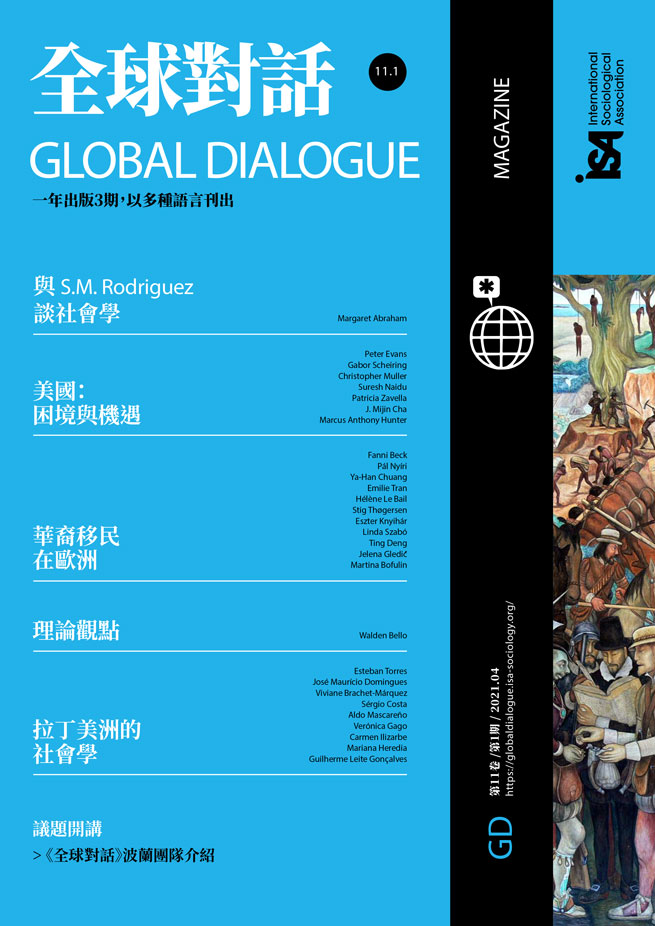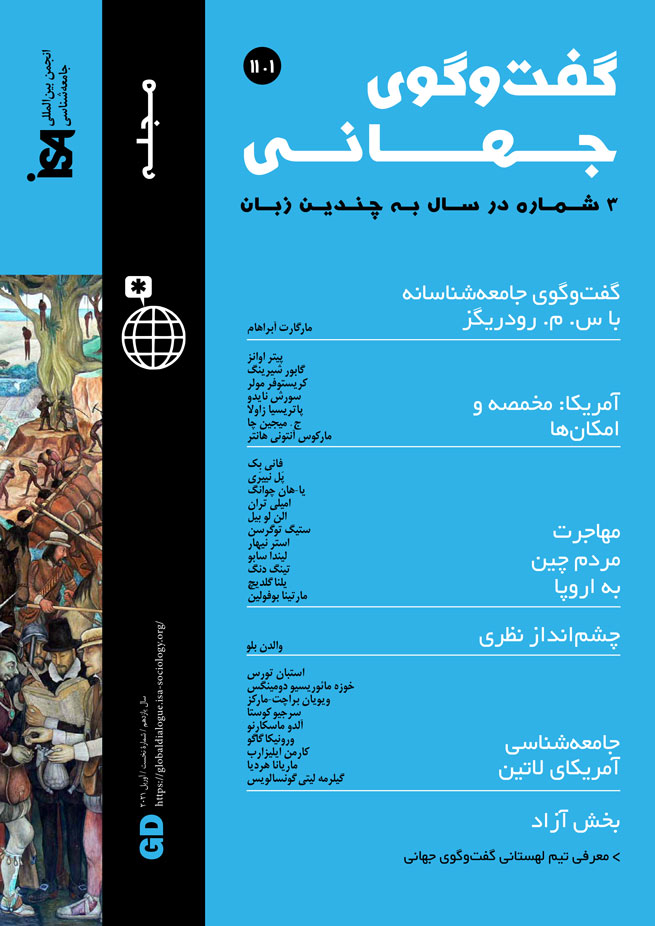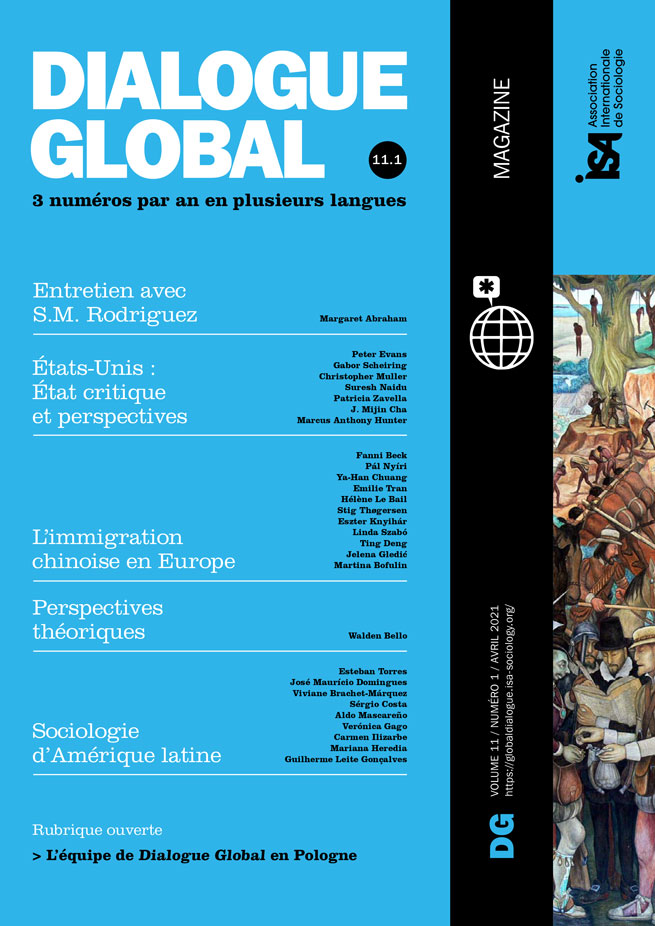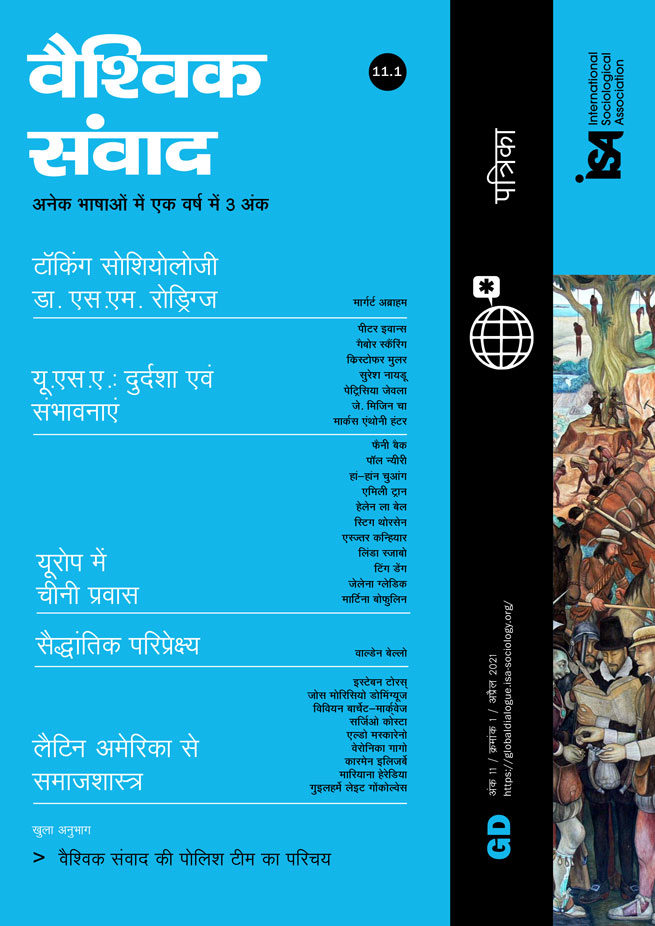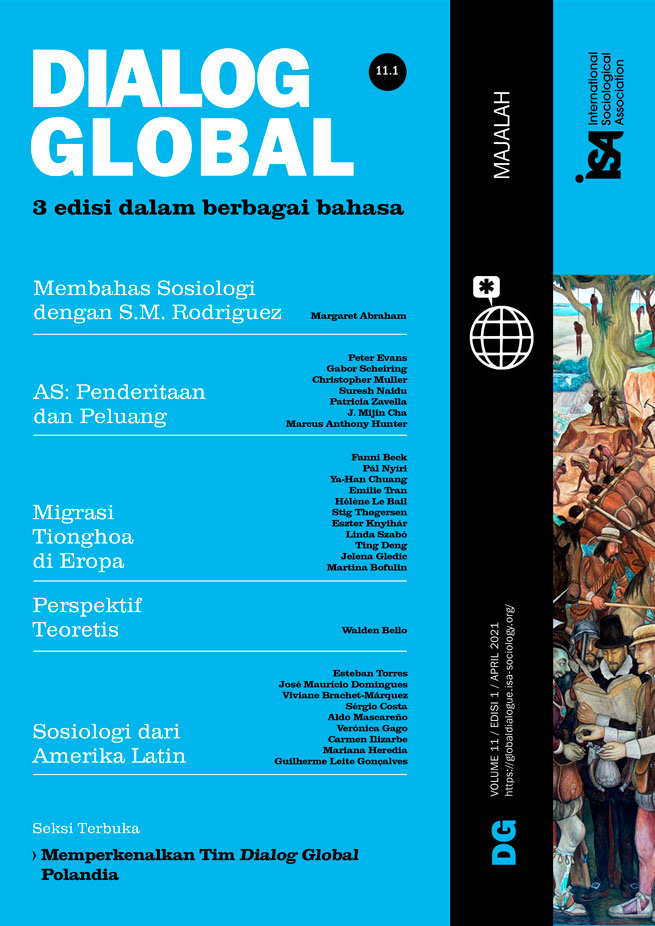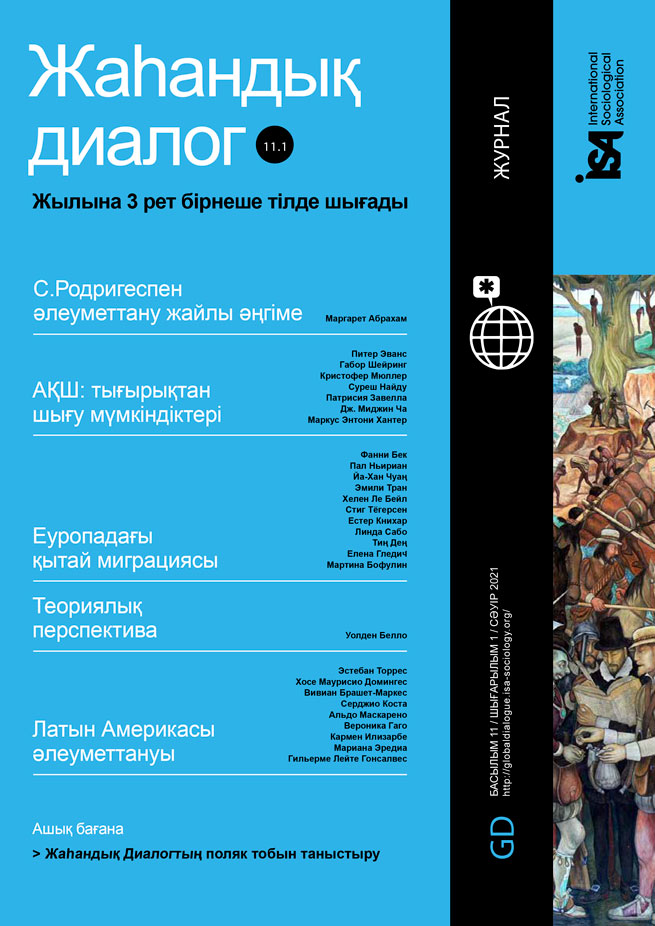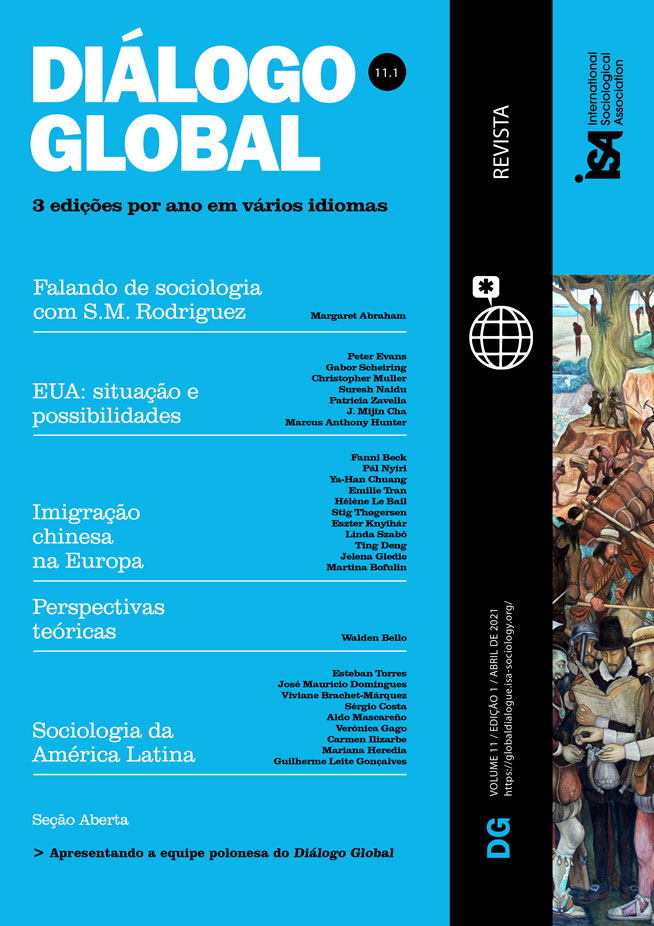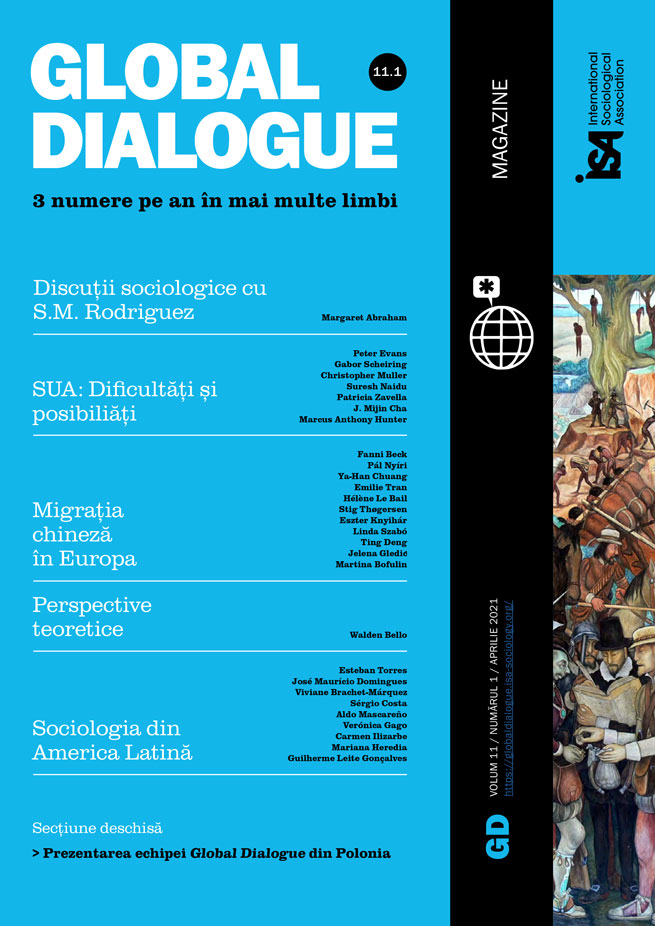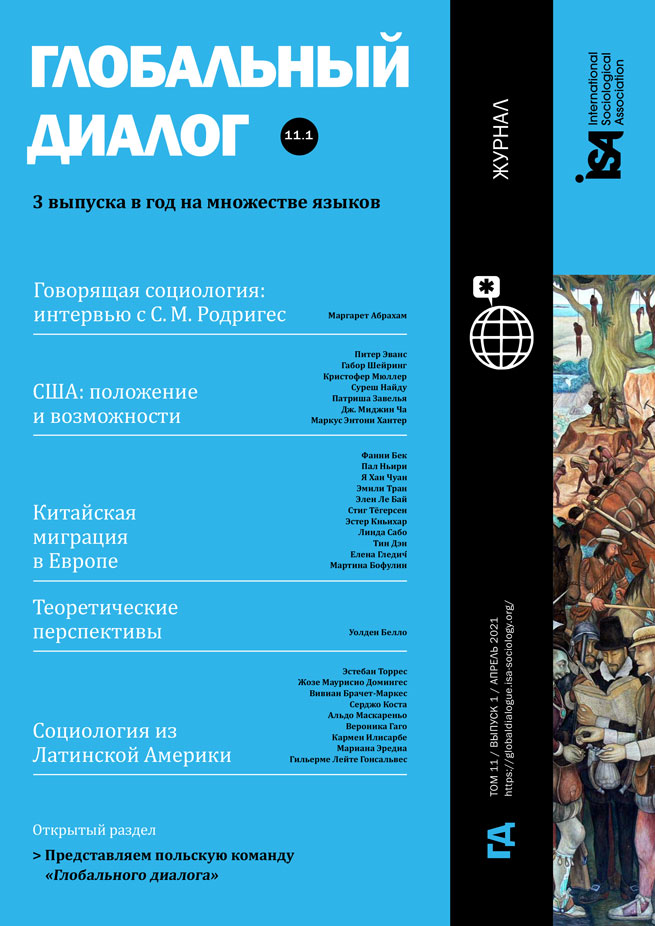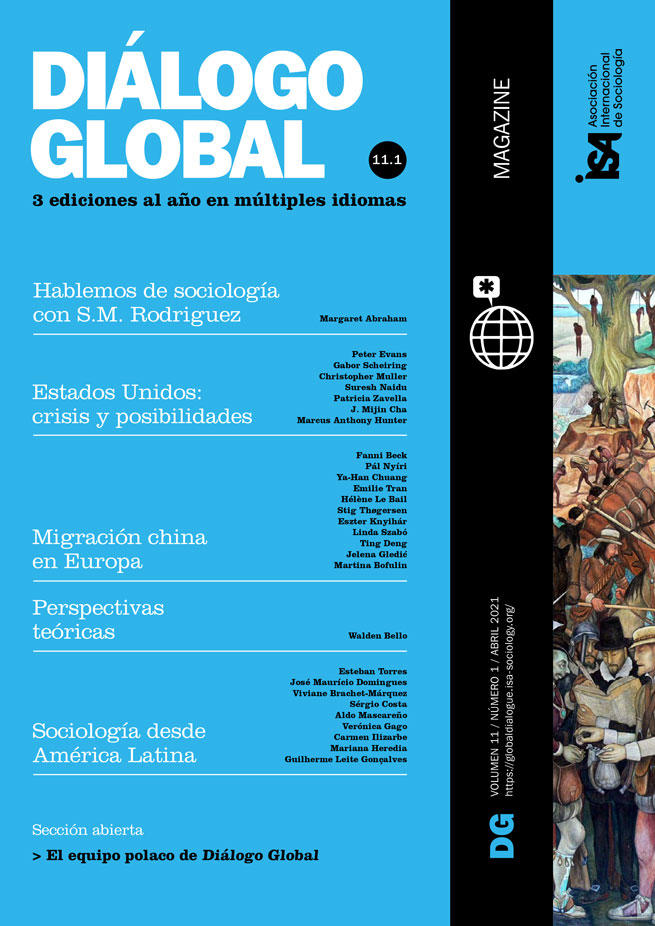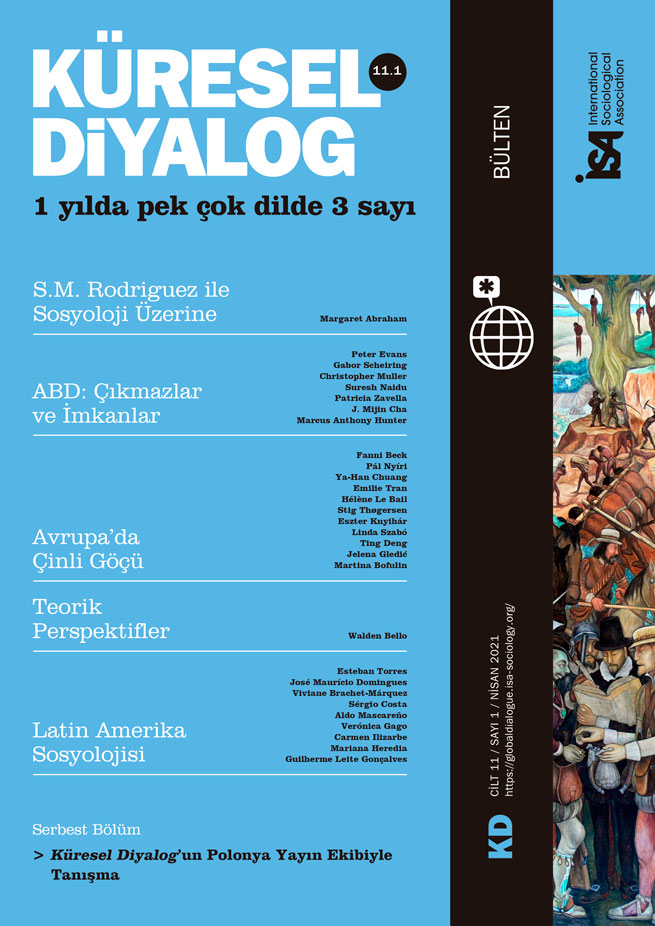Yuan was born in Bologna in 1988. He is a third-generation Chinese whose family first arrived in Italy in the 1930s. His first relative to set foot on Italian soil was his grandfather’s brother, who went to Italy with other single men from the same village to try their luck in business overseas. Like many other Chinese men at that time, he married an Italian woman from the countryside, even though interracial marriage was officially discouraged by the fascist regime. Yuan’s great-uncle did not go back to China like most other Chinese men during the Second World War but stayed to manage his own artisanal workshop making leather bags together with his Italian wife. They had several children, but, according to Yuan, none of them kept in touch with Chinese relatives who migrated to Italy afterwards. When Yuan’s grandfather went to Italy in the 1950s, he worked for his brother in the family leather business, having left behind his wife and children in the natal village in the Wenzhou area of the southeast coast of China. Yuan’s father and his siblings were reunited with their father in Italy in 1978. In Italy, Yuan’s father opened a Chinese restaurant and was joined by his wife and daughter. The restaurant was located in a neighborhood that currently has the densest Chinese population in Bologna. Yuan’s father’s siblings all started their own manufacturing workshops or restaurants. In a case of classic chain migration, Yuan’s family brought their relatives one by one to Italy to work in their businesses before those relatives struck off to start their own business ventures.
Probably none of these first Wenzhou migrants expected that the chain migration starting from them would ultimately bring hundreds of thousands of Chinese unskilled laborers to Italy and elsewhere in Europe. These Chinese émigrés were eager “to get rich quickly in Europe” since China’s opening up to the capitalist world. From the mid-1980s until the 2008 global recession, Chinese emigration coincided with an Italian labor market which demanded cheap and flexible transnational labor to work for the rising made-in-Italy brands in the global fast fashion industry.
Manufacturing workshops, together with Chinese restaurants, constituted two major business niches that enabled this generation of Chinese migrants and their families to achieve wealth. When China emerged as a global producer and exporter of goods, import-export trading and related wholesale businesses became a new economic pathway towards economic success for newer Chinese arrivals in Italy since the 1990s. In the new millennium, while mass migration from China had gradually ended, the Chinese ethnic economy has further extended into the small retail and service industry with more and more Chinese moving into small neighborhood businesses targeting diverse local populations, including coffee bars, cheap consumer-goods shops, and barbershops. In recent years, an increasing number of Chinese immigrants in Italy are also involved in transnational businesses: some are investing back in China while others are using WeChat, a Chinese social media platform, to engage in the booming microbusiness sector for Chinese consumers in both countries.
The intragroup diversity of Chinese populations in Italy has also grown to be increasingly visible in terms of generational differences. Chinese of Yuan’s generation who were born or at least grew up in Italy are no longer satisfied with remaining in ethnic economies that typically rely on selling their cheap labor as was the case with the older generations. An increasing number of Italian-born Chinese have received college education and aim to be recruited into the mainstream labor market. However, Chinese identity and ethnic resources are still crucial social and cultural capital that the younger-generation Chinese rely on. Some work as lawyers, doctors, and other professionals who largely serve the Chinese communities while others are recruited into new Chinese state and private enterprises that have operations in Italy. Still others have moved to China to work for Italian or other transnational companies there. Ironically, Yuan and many other Chinese of his generation who grew up in an environment in which the Chinese language was not considered to be important are learning Mandarin Chinese as adults. Young parents of Yuan’s generation now consider Chinese an educational necessity for their children.
China is no longer just a remote imaginary place for Chinese in Italy who themselves may have limited lived experiences there. China as a growing economic power plays an increasingly important role in shaping Chinese ethnic economies in Italy. Being Chinese is a form of “ethnic capital” that they hope to benefit from so as to survive in an economically uncertain present and future. But China is not just a fount of resources for ethnic Chinese in Italy. It has also increasingly become a reference point for them to evaluate Italy as a country. Compared with China’s economic success, many have resented Italy’s economic stagnation and become disillusioned with Europe’s increasingly multicultural reality more broadly. Many criticize as “razzismo” everyday discrimination they encounter, but often internalize mainstream stereotypes in judging other immigrants as well as Italians they meet as they run shops or bars. They often essentialize Italians as lazy, sloppy, and less hardworking than the Chinese. While admiring Italians’ supposed embrace of leisure time and general enjoyment of life, many Chinese in Italy believe it is precisely this quality which has led to Italy’s economic woes.
On a range of controversial issues related to China, including protests surrounding Hong Kong’s extradition law, Xinjiang, and the COVID-19 pandemic, many Chinese in Italy have stood fast with the Beijing government amid pervasive criticism in the Western media against the Chinese state. Indeed, the global rise of China as an economic (and increasingly assertive political) powerhouse has not only redrawn the business contours of long-established Chinese ethnic communities in Italy but has also given rise to an emergent diasporic nationalism that is (re)shaping the ethnic consciousness of the Chinese in Italy. In this sense, the China that Yuan’s grandparents departed and the Italy that they chose to make home seem almost unrecognizable.
Ting Deng, Population Studies and Training Center, Brown University, USA <ting_deng@brown.edu>






